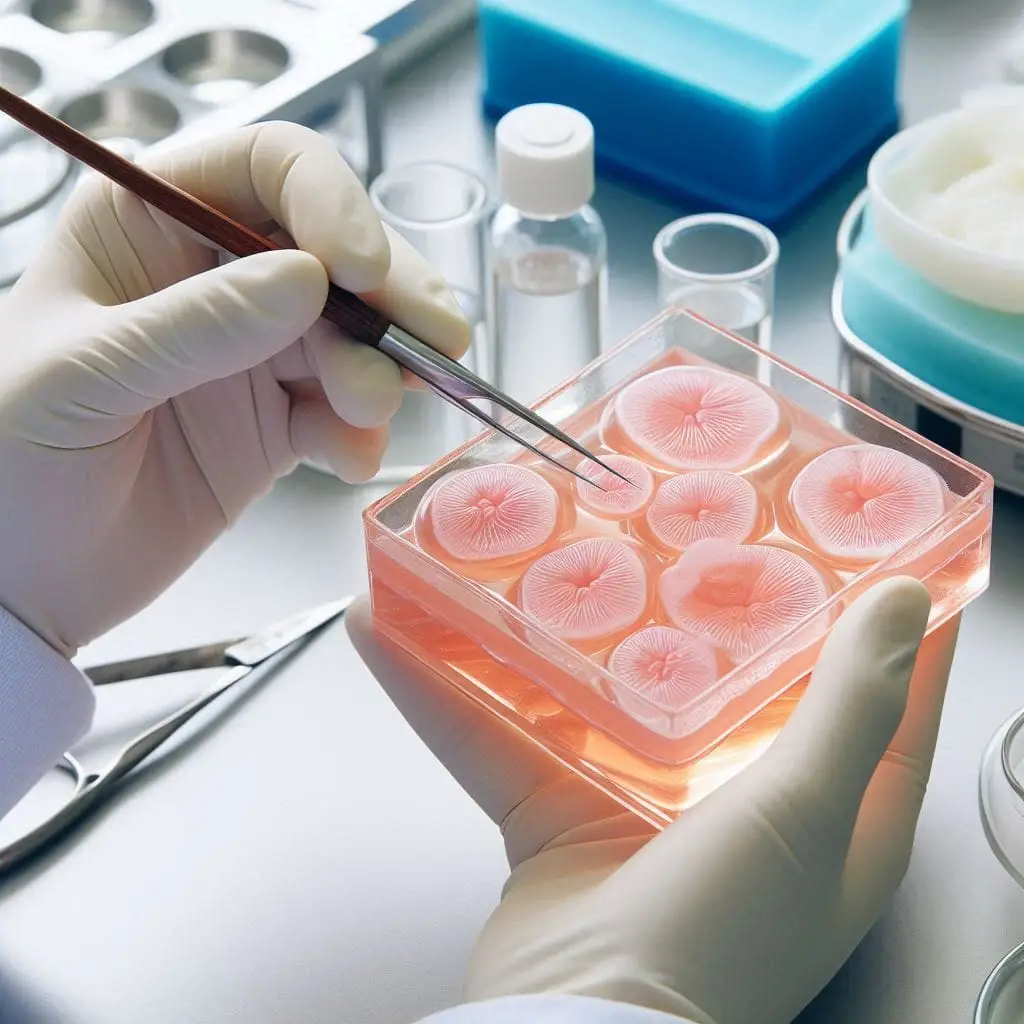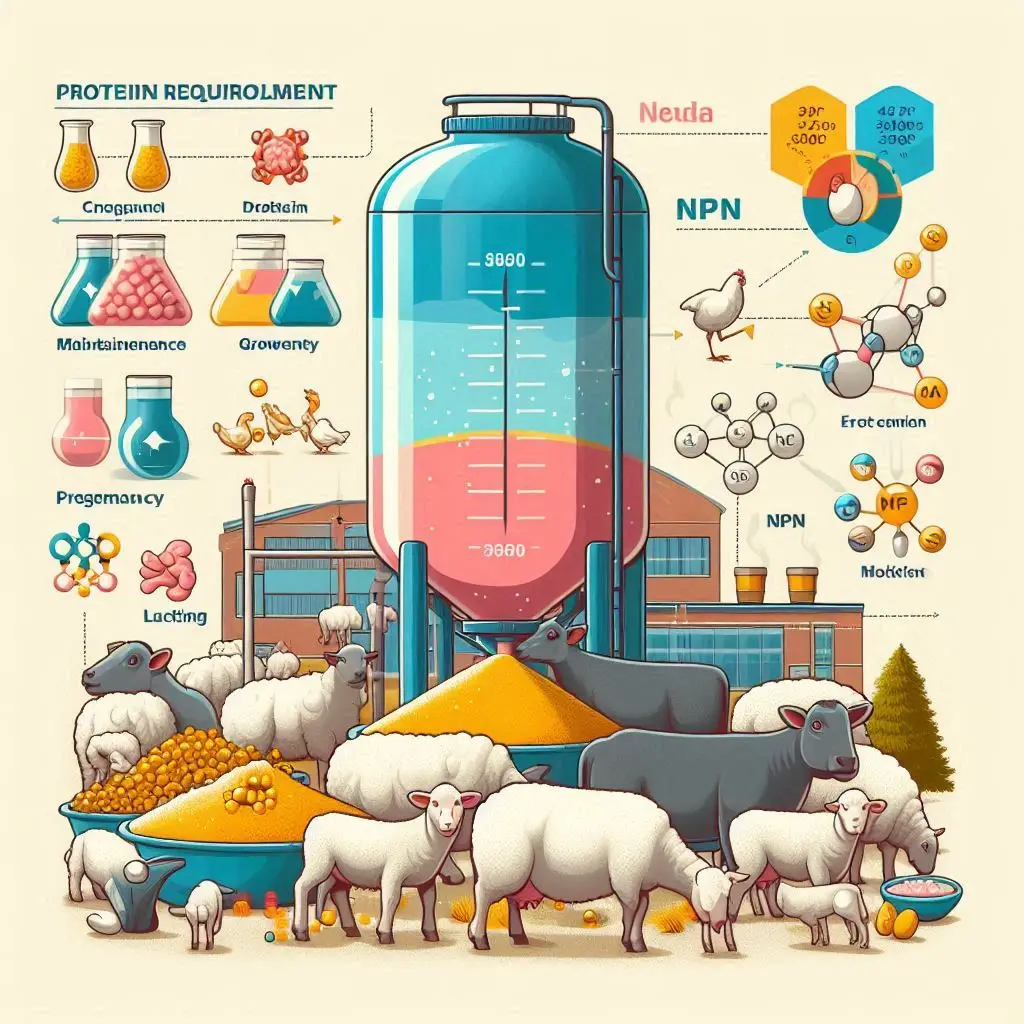The Role of Protease Inhibitors in Livestock Nutrition

Introduction
Protease inhibitors (PIs) are crucial components in livestock nutrition. They play a significant role in modulating protein digestion, impacting growth performance, and influencing overall animal health. This article explores the various types of protease inhibitors, their mechanisms of action, benefits, and challenges in livestock management.
What Are Protease Inhibitors?
Protease inhibitors are proteins that inhibit the activity of proteases, enzymes responsible for breaking down proteins into smaller peptides and amino acids. These inhibitors can be found in various sources, including plants, animals, and microorganisms. In livestock, the most studied protease inhibitors are those that target serine proteases like trypsin and chymotrypsin.
Types of Protease Inhibitors
- Plant-Derived Protease Inhibitors
Many plants produce protease inhibitors as a defense mechanism against pests and pathogens. Common sources include:- Legumes: Faba beans and soybeans are rich in protease inhibitors.
- Cereals: Wheat and corn also contain varying levels of these compounds.
- Animal-Derived Protease Inhibitors
Certain animal tissues produce protease inhibitors that can be beneficial in livestock health. For example, some fish and marine organisms have been studied for their unique PIs. - Microbial Protease Inhibitors
Microorganisms also produce PIs that can be utilized in livestock feed to enhance health and growth.
Mechanisms of Action
Protease inhibitors function by binding to proteolytic enzymes, forming stable complexes that reduce enzyme activity. This can lead to several physiological effects:
- Reduced Protein Digestion: When proteases are inhibited, protein digestion is less efficient, which can affect nutrient absorption.
- Compensatory Mechanisms: The body may respond by increasing the production of digestive enzymes, which can lead to increased metabolic costs.
- Immune Modulation: Some PIs may enhance immune responses against pathogens.
Benefits of Protease Inhibitors in Livestock
- Improved Feed Efficiency
By modulating protein digestion, PIs can improve feed conversion ratios under certain conditions. - Disease Resistance
Some protease inhibitors have been shown to enhance immune responses against diseases such as tick infestations. - Nutritional Enhancement
PIs can help maintain the nutritional value of feed by protecting proteins from degradation during storage.
Challenges in Using Protease Inhibitors
- Negative Impact on Growth Performance
Excessive inhibition of digestive enzymes can lead to reduced growth rates and feed efficiency. - Variability in Efficacy
The effectiveness of PIs can vary significantly based on their source and the specific livestock species being fed. - Potential for Antinutritional Effects
High levels of certain PIs may lead to antinutritional effects, reducing the overall digestibility of feed.
Applications in Livestock Management
Dietary Formulations
Understanding the role of protease inhibitors allows nutritionists to formulate diets that optimize growth while minimizing negative impacts on protein digestion. For instance:
- Inclusion Rates: Careful consideration must be given to the amount of PI included in animal diets.
- Source Selection: Choosing the right sources of PIs can enhance their beneficial effects while mitigating drawbacks.
Vaccine Development
Recent studies have shown that some protease inhibitors can be used in vaccine formulations to enhance immune responses against common livestock diseases such as ticks and other parasites.
Conclusion
Protease inhibitors present both opportunities and challenges in livestock management. By understanding their mechanisms and effects, farmers and nutritionists can better utilize these compounds to improve animal health and productivity.
For more pearls of Vets Wisdom:
https://wiseias.com/partitioning-of-food-energy-within-animals/






Responses